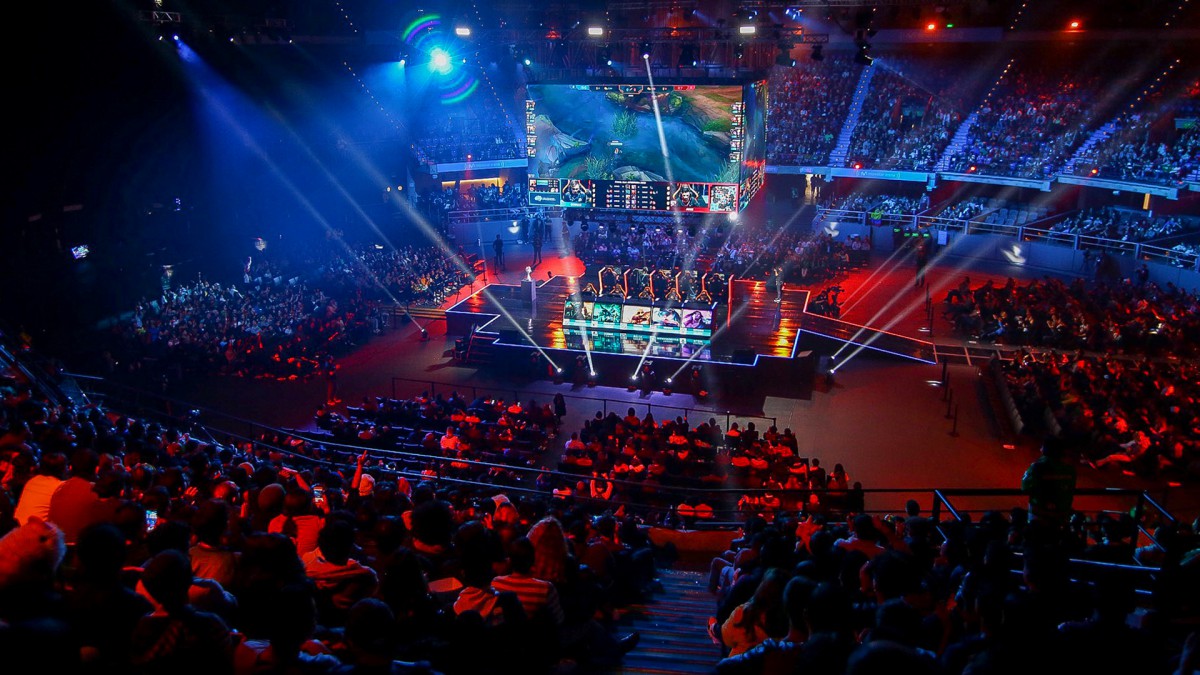The new gambling law creates the same age limits and player protection measures. The Gambling Supervision Service under the Ministry of Finance revealed modifications to Lithuania’s Law on Gambling. These changes start from 1 November. The law sets a minimum age and extra protections for players. People must be 21 years old to enter slot machine halls and bingo halls. Betting points and totalisator points require the same age. All gambling venues follow this rule. Age limits ranged from 18 to 21 before these changes.
Intervention Measures for High-Risk Gambling
New regulations require gambling operators to watch player behaviour. Operators must spot problem gambling. They need to implement harm reduction measures. Risk assessment systems must work properly. High problem gambling levels trigger specific responses. High-risk games stop for 48 hours when operators detect problems. Physical venues cannot accept affected players. Remote gambling sites block these players, too. Support service information reaches players through operators. Gambling activity limitation options become available.
Remote gambling requires daily spending limits. Weekly limits apply too. Monthly caps protect players. Session time restrictions prevent excessive play. Players can ask for higher limits. Immediate limit increases remain impossible to stop impulsive gambling. Fine amounts changed under the new law. Single breach fines reached €25,000 ($29,000) maximum before. Repeated violations cost €50,000 maximum. Annual revenue determines fine amounts now. First violations bring 2-5% fines. Repeated breaches result in 6-10% penalties.
Lithuania Tightens Gambling Regulations Amid New Advertising Restrictions
Lithuania took several regulatory steps recently. TopSport faced investigation for unauthorised league advertising. Phased gambling advertising bans began. Full advertising restriction comes in 2028. Virginijus Dauksys directs the Gambling Supervision Service. He explained the fine changes. Maximum fine amounts failed to deter large gambling organisers previously. The amended law calculates fines using the organisers’ income. Violation types determine different fine levels.

 Companies
Companies 





